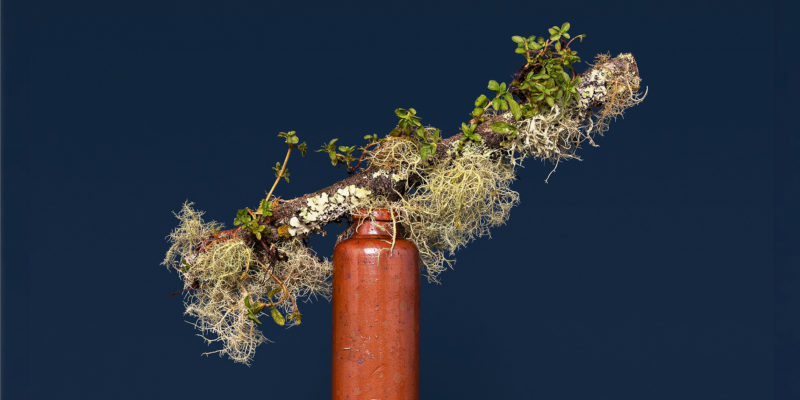
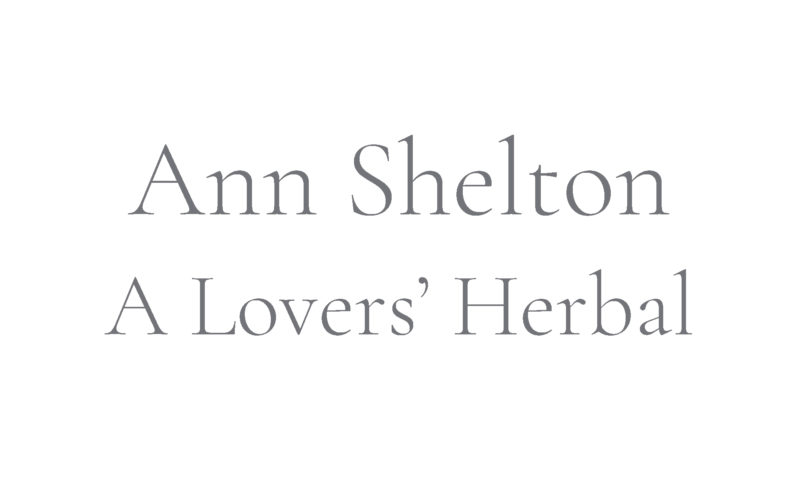
Ann Shelton gives us a peek her world in Hahei, New Zealand while discussing the work in “A Lovers’ Herbal.”
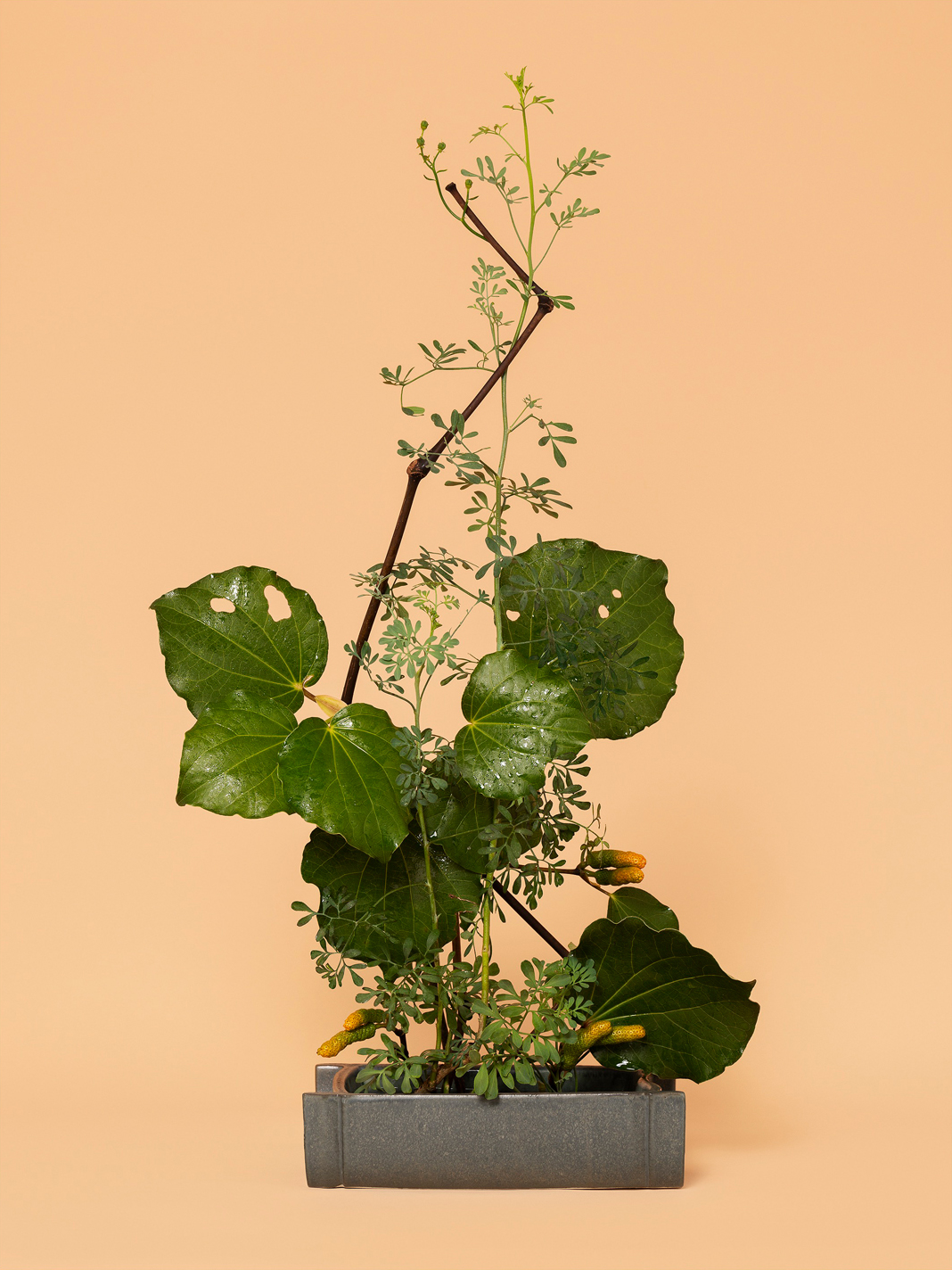
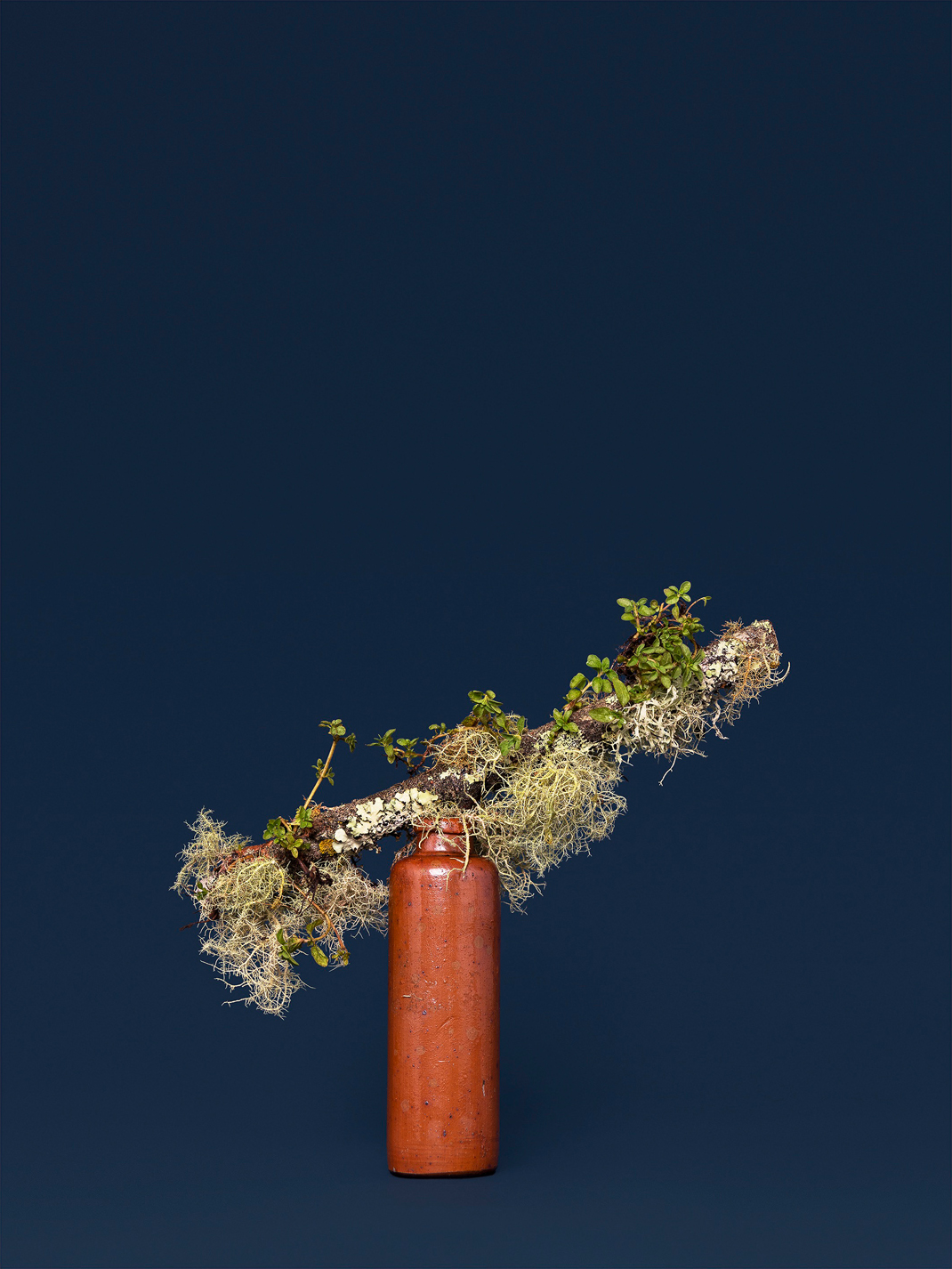
These arrangements show the plants contorted into obedience, just as colonization sought to control and claim our natural world and fellow species, and suppress indigenous and women’s botanic expertise. Now, we find ourselves at the brink of irreversible biodiversity loss and climate change, living in the era of the Anthropocene. Shelton’s work provokes us to consider not only humanity’s relentless depletion of the natural world, but the role women will play in a regenerative future.
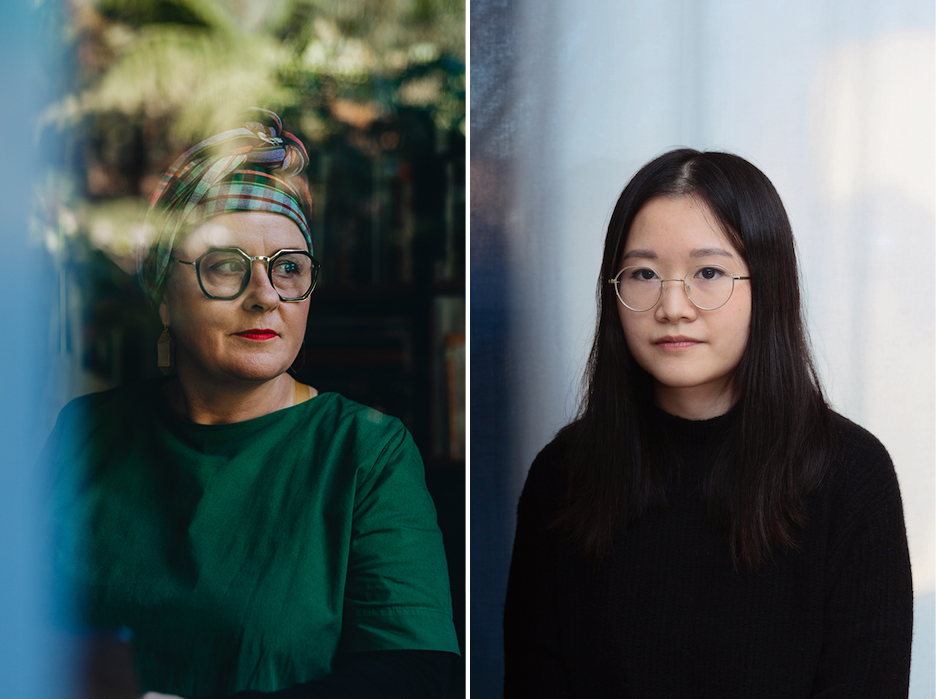

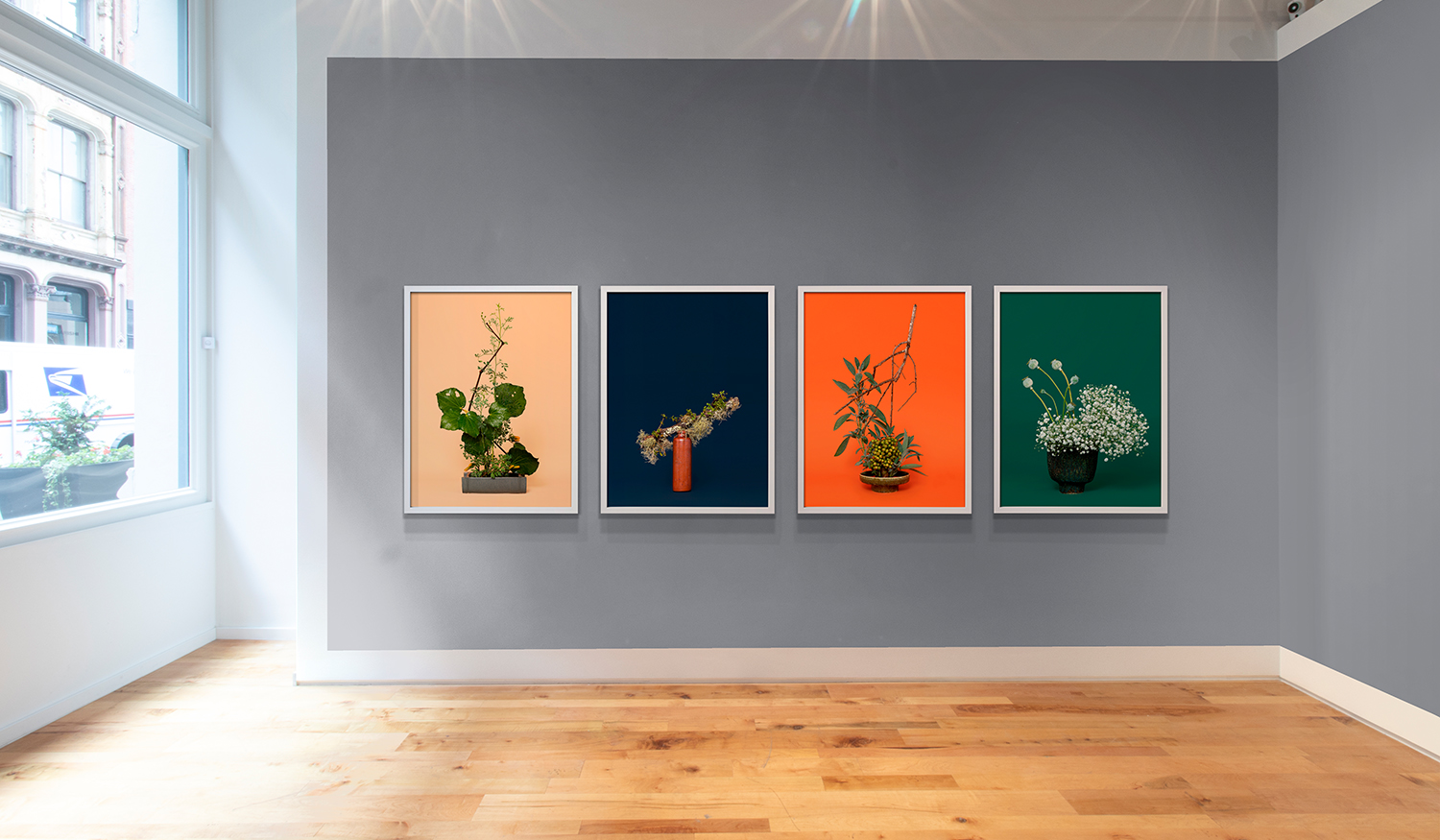
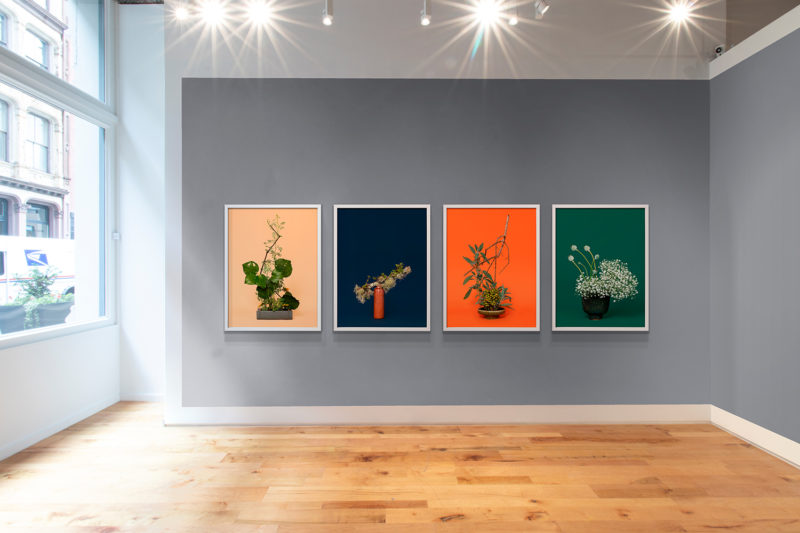
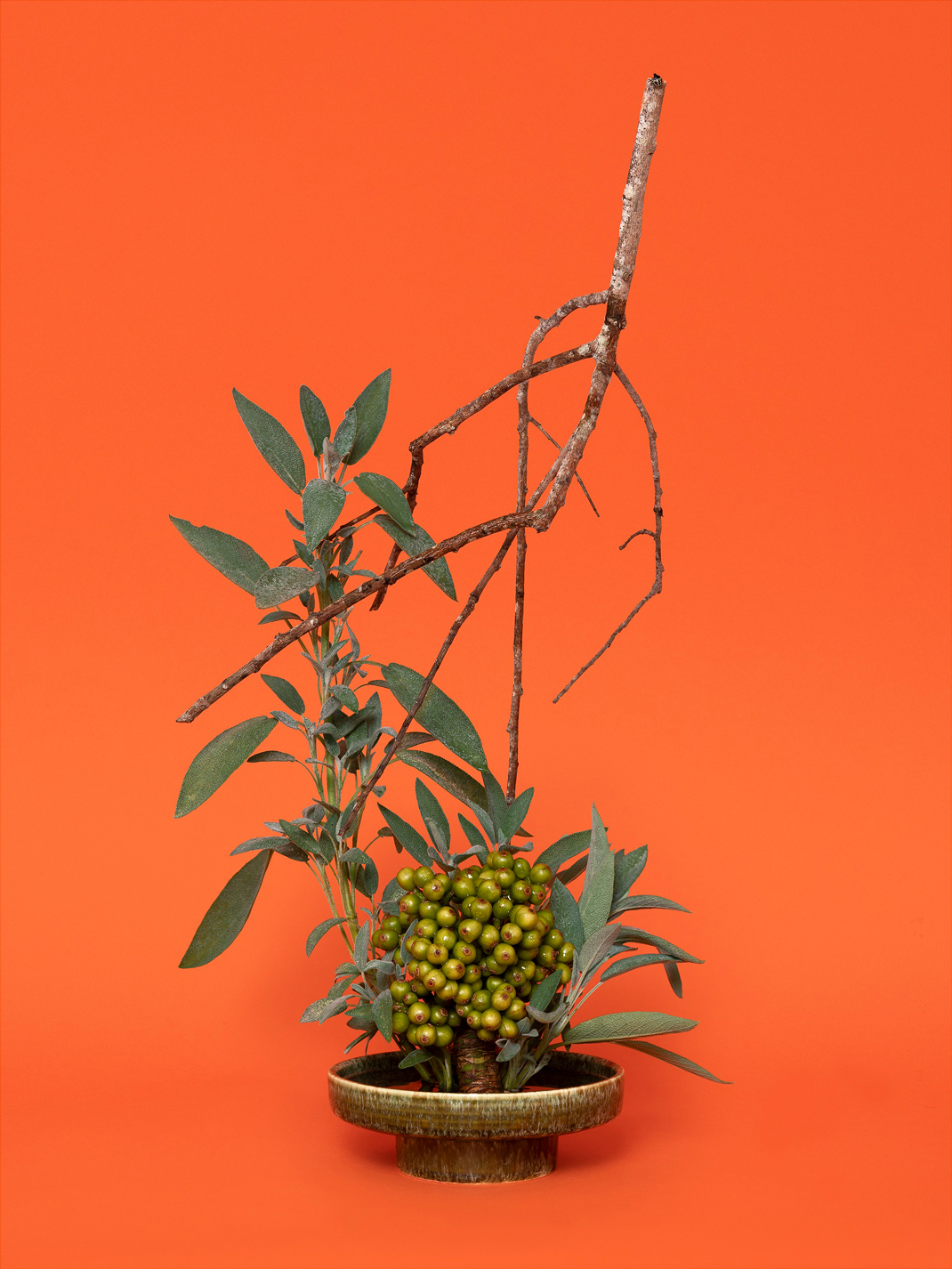
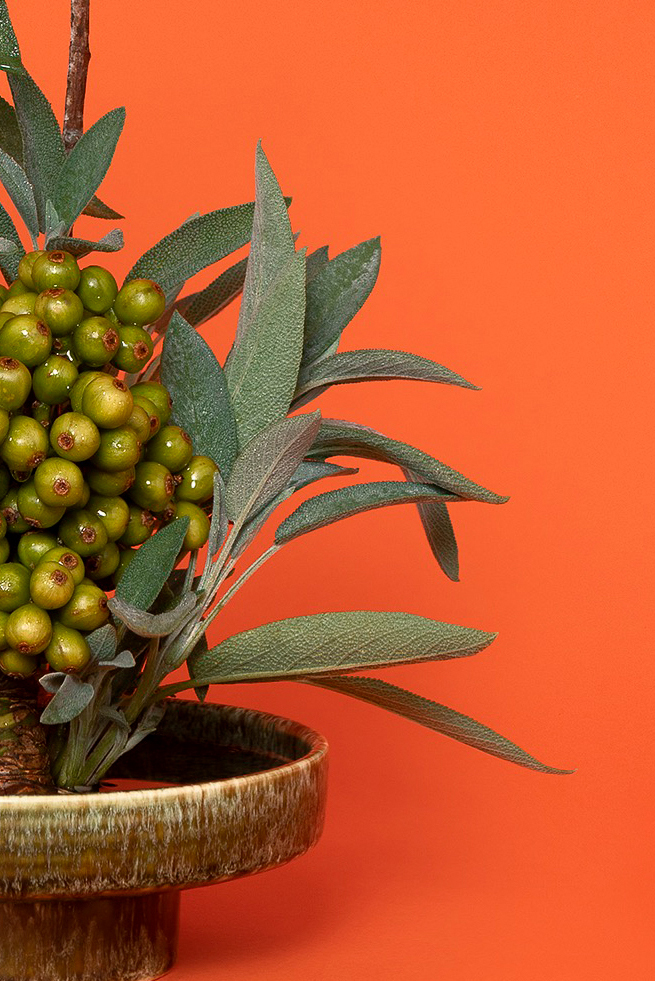
Before coming up with the detailed concept for this work, I had been reading a book by Margaret Sparrow, the trailblazing women’s health activist and founder of Family Planning New Zealand (our equivalent of your Planned Parenthood) on the history of abortion in colonial New Zealand. The book foregrounded colonial women’s experiences and their loss of life, mostly through historical research, obituaries, advertising, police reports, etc. It unpacked and chronicled the concoctions sold for ‘women’s problems’, the risks women took, and the consequences of botched attempts at birth control and abortion through desperate and illegal means. So the thinking around the work comes from and engages body politics and reproductive rights. It is made with this whole area of discourse, legal, experiential, and otherwise, front of mind.
This set off a train of thought that engaged several existing research areas, trauma, violence, a critique of conventional gender positions, and my interest in confounding and complicating contemporary Western culture’s rigid interpretation of what plants are, what they are capable of and what they are for.
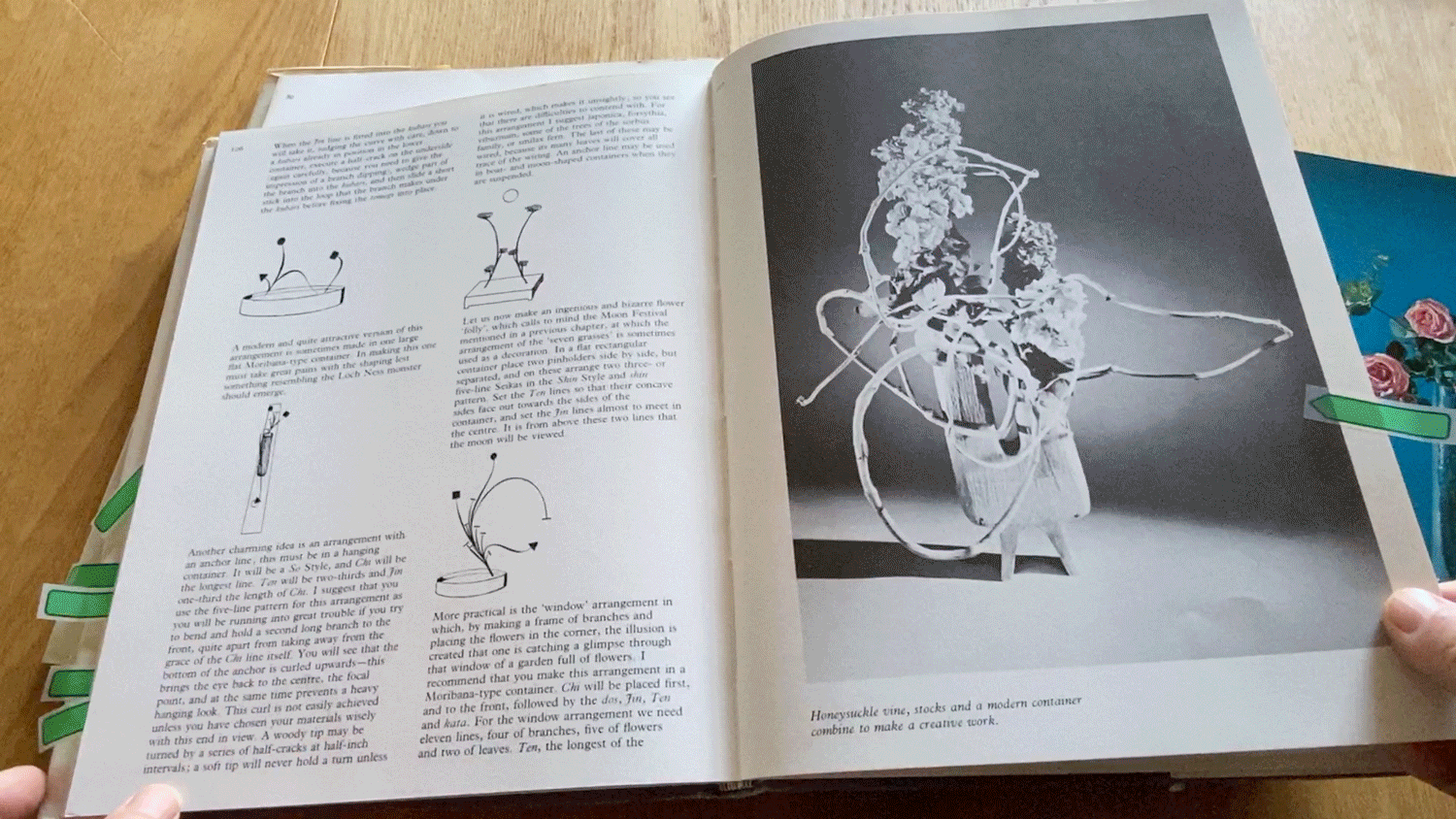
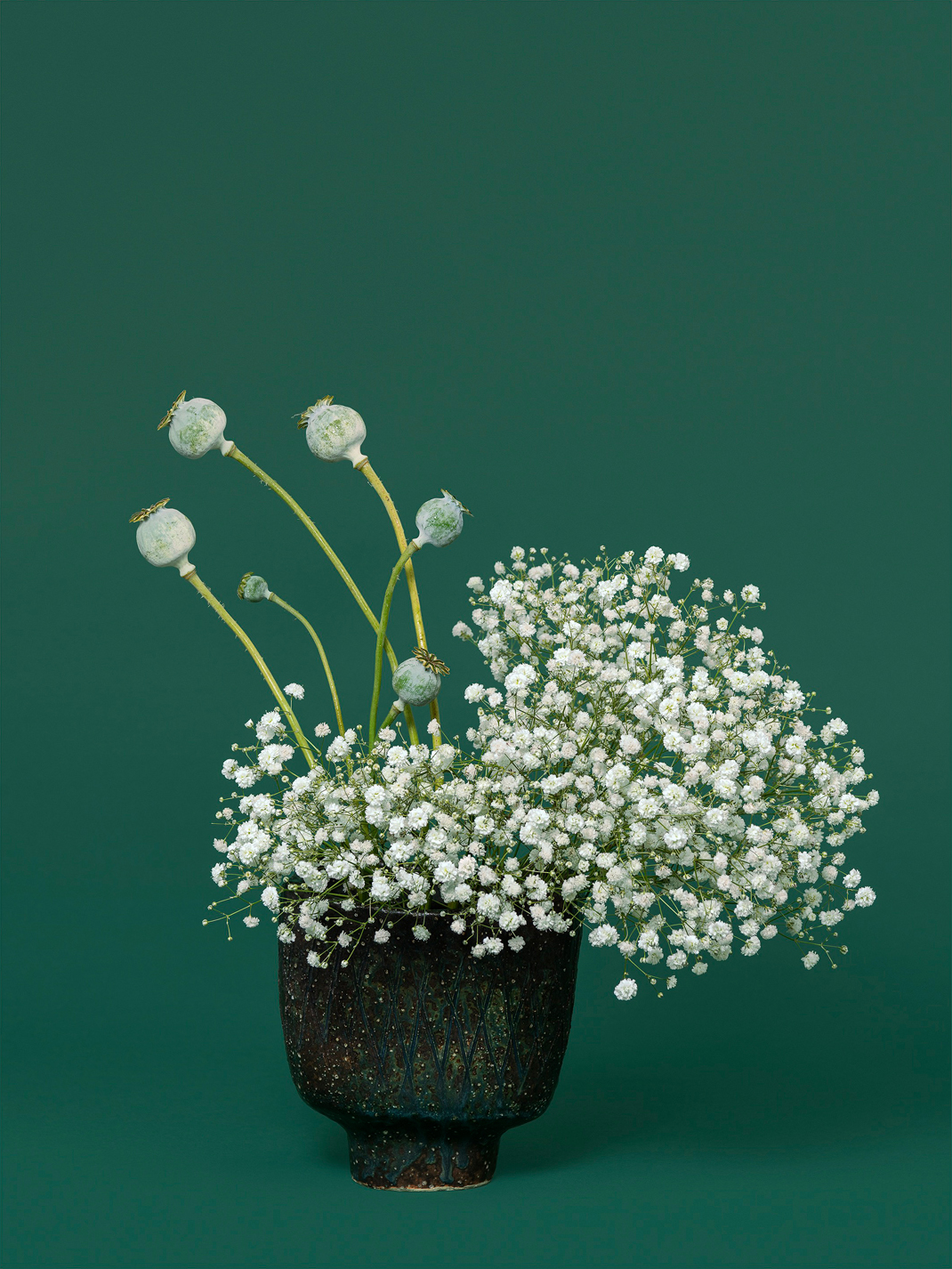
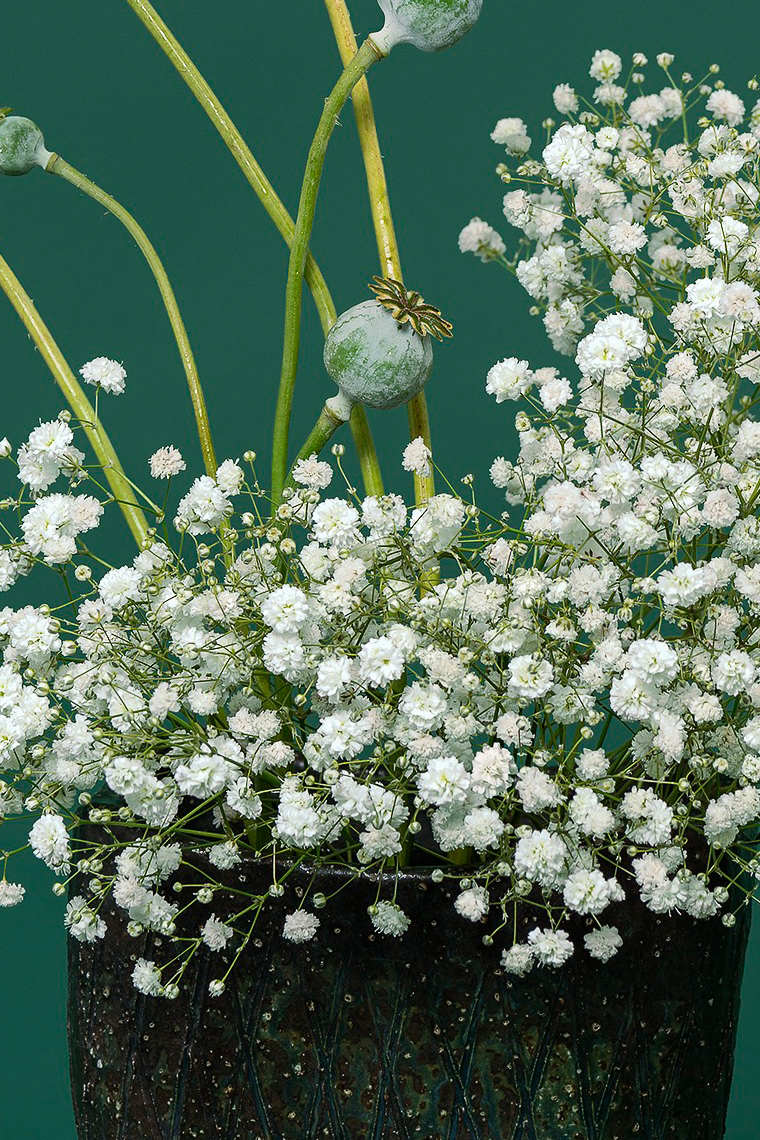
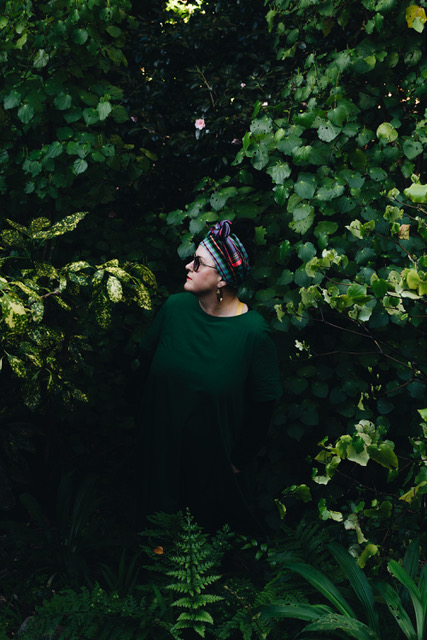
Photo of Ann Shelton first published in Art Collector Magazine, Australia, Photo: Bonny Beattie

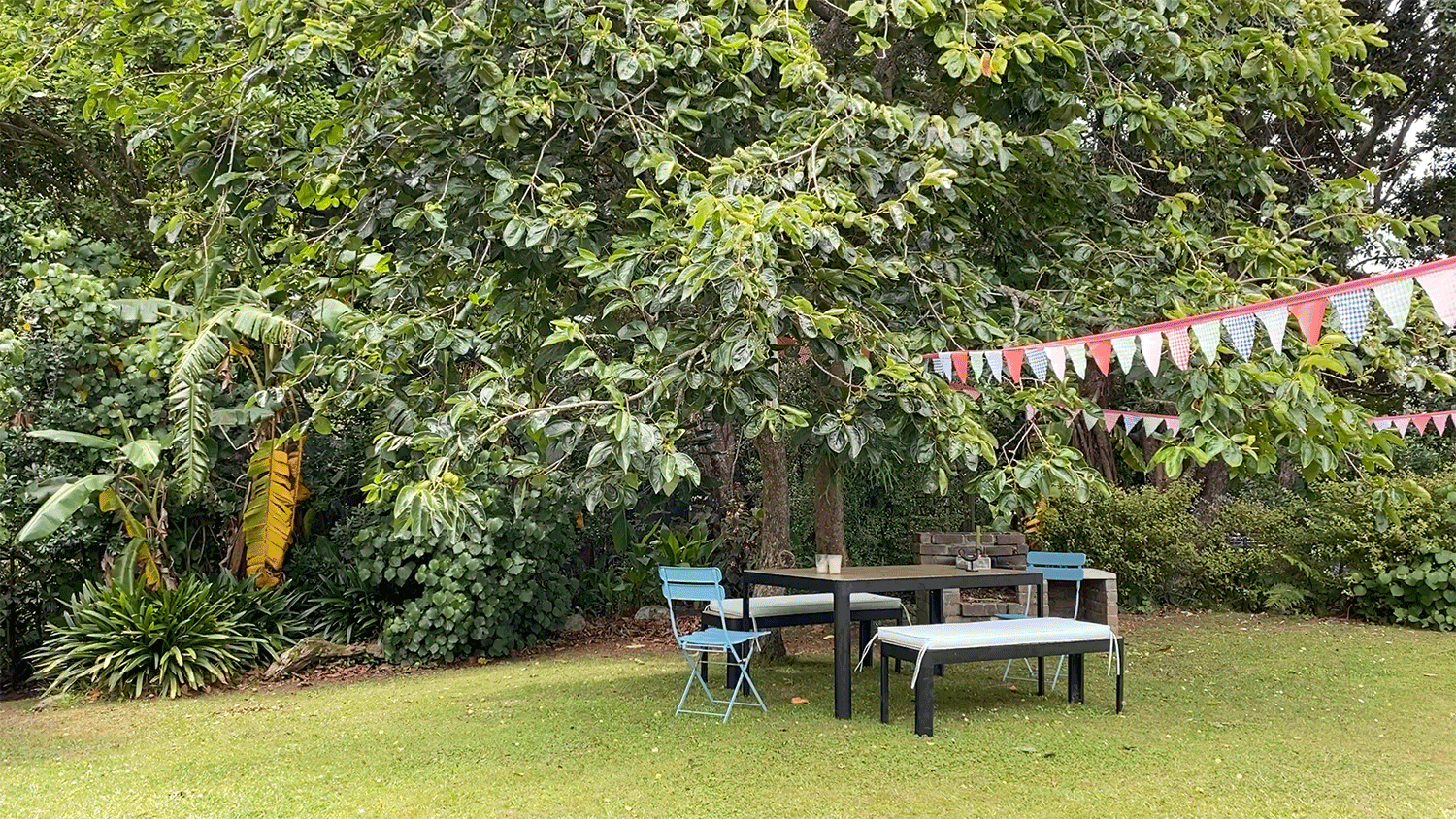
Ann Shelton’s gardens in Hahei, New Zealand.
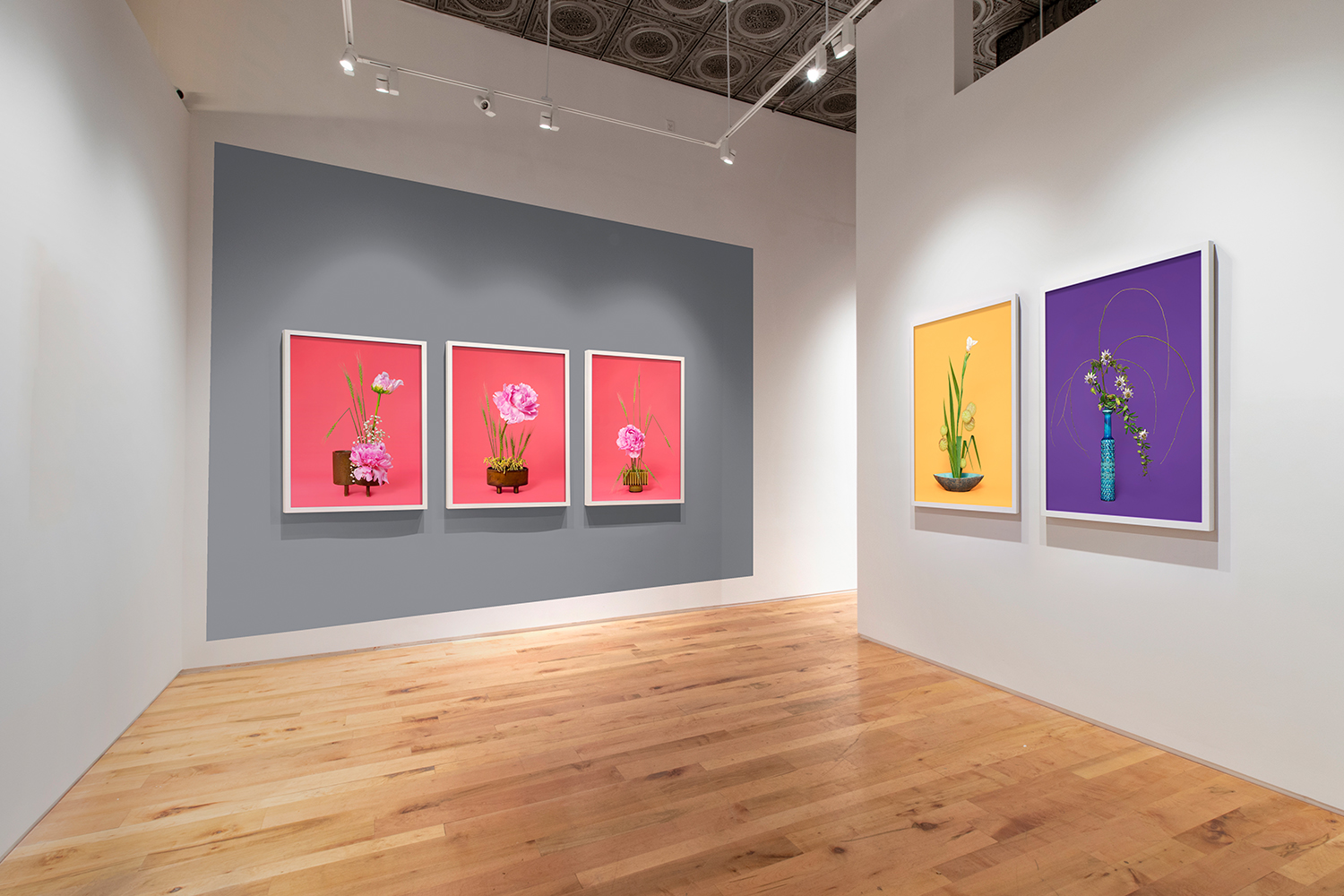
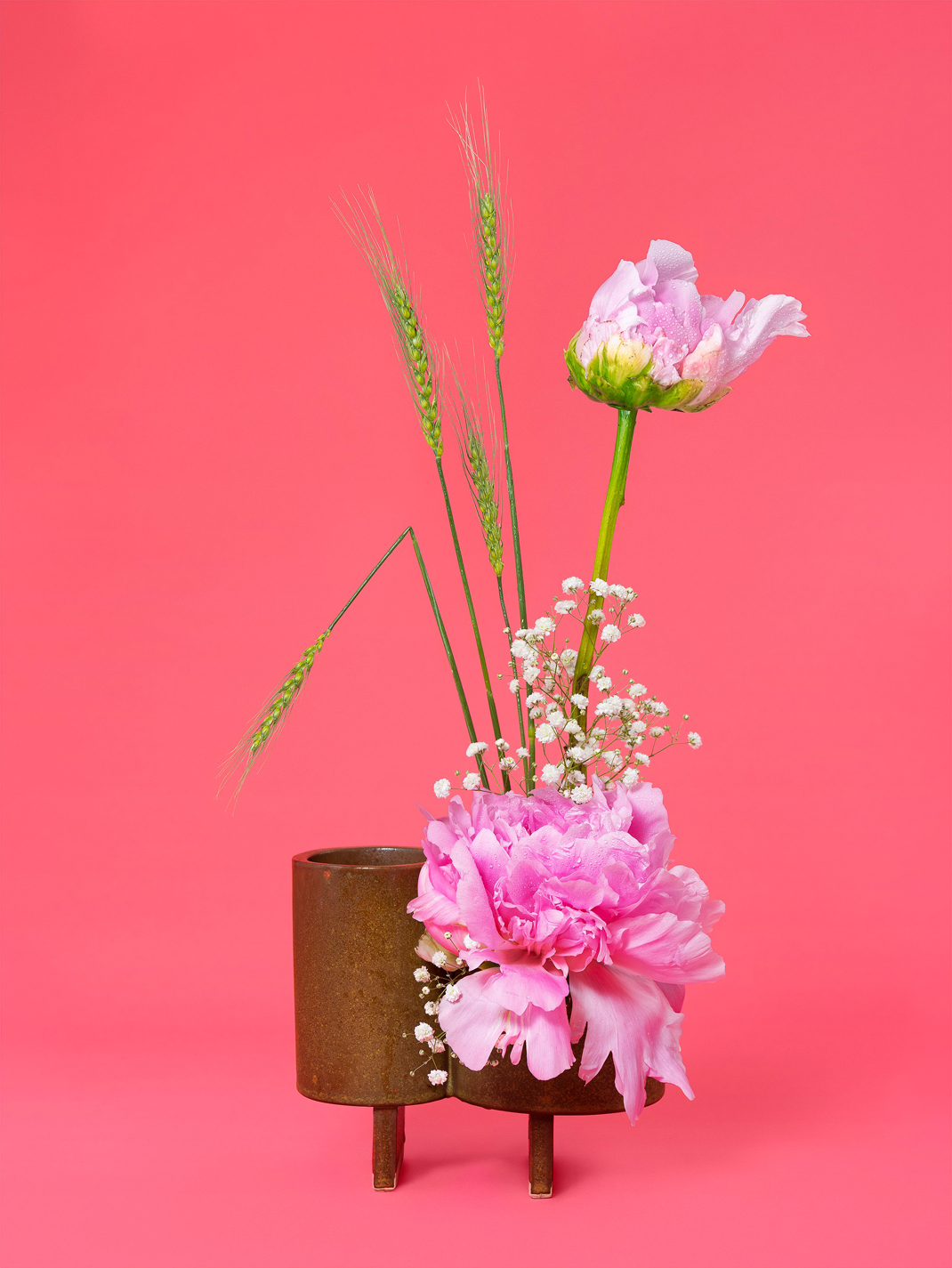
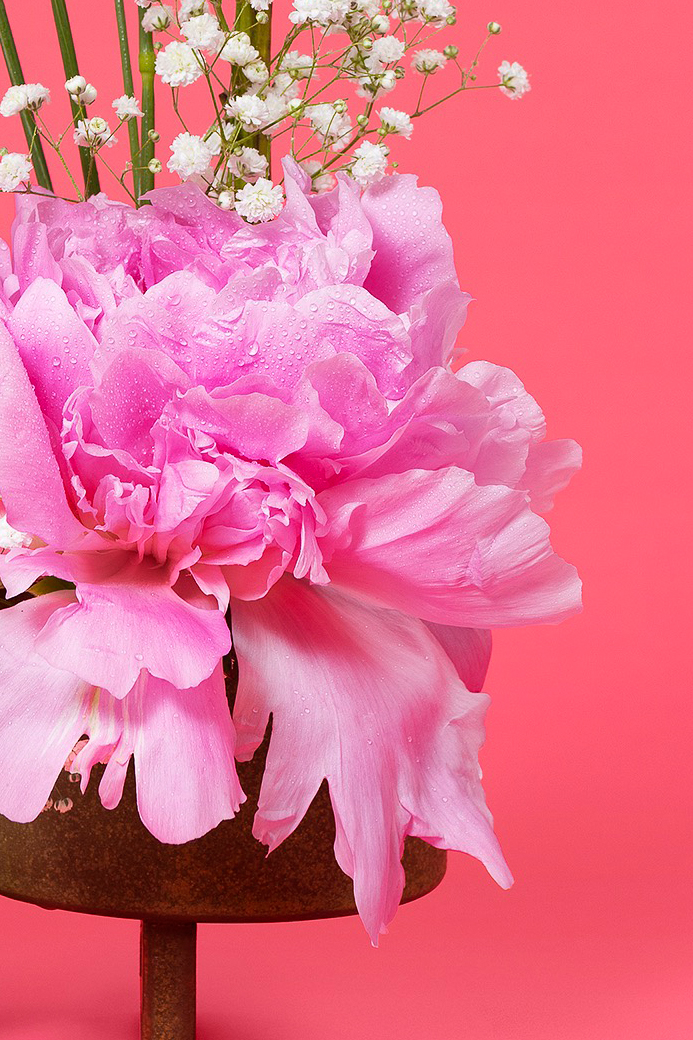

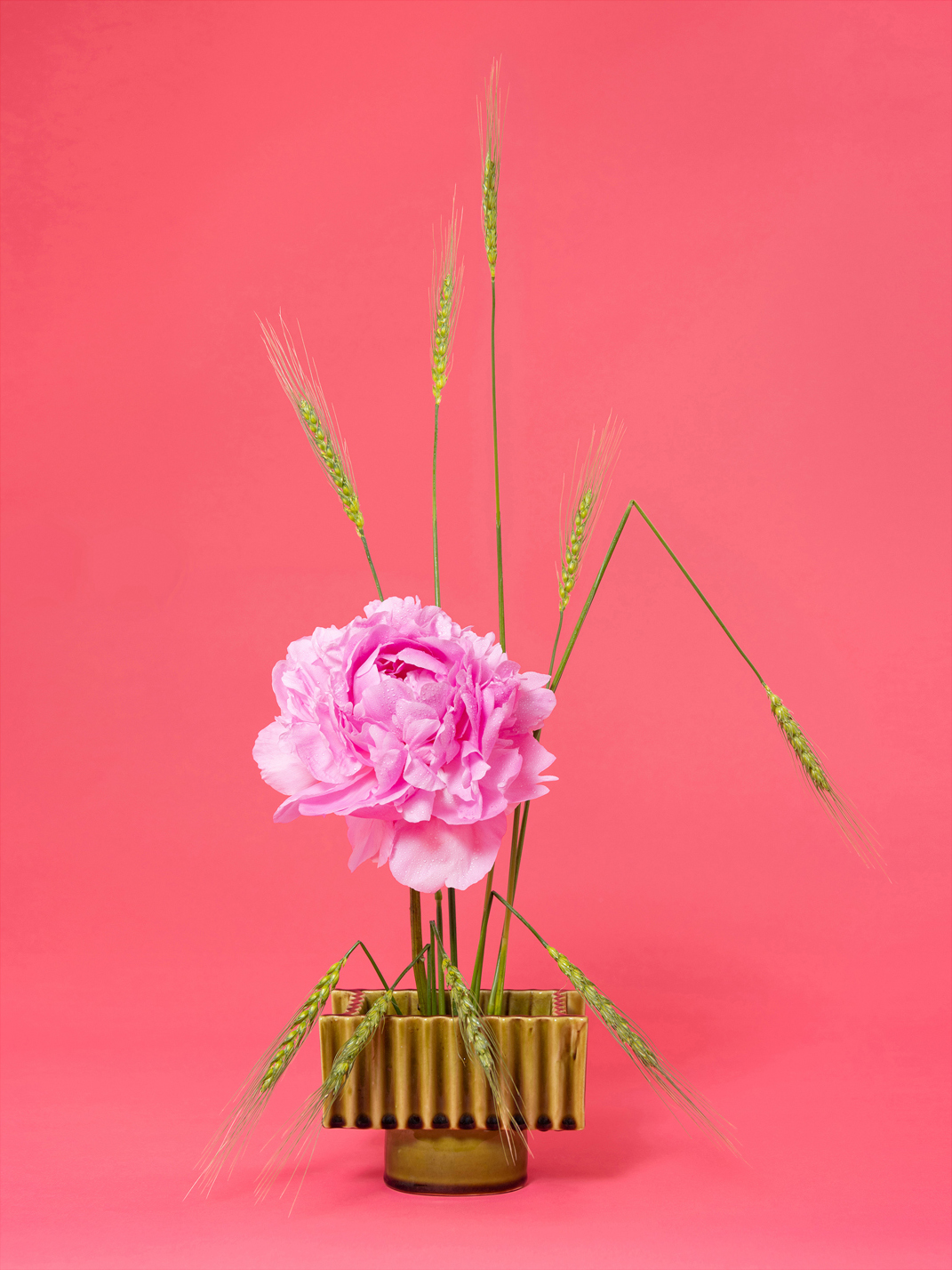
Themes in Shelton’s work frequently pivot around aspects of forgotten or suppressed knowledge, instances where female experiences and actions have been overlooked or deemed socially unacceptable or transgressive, or where traumas experienced by women have, through the work, been offered focused attention, and research-engaged investigation.
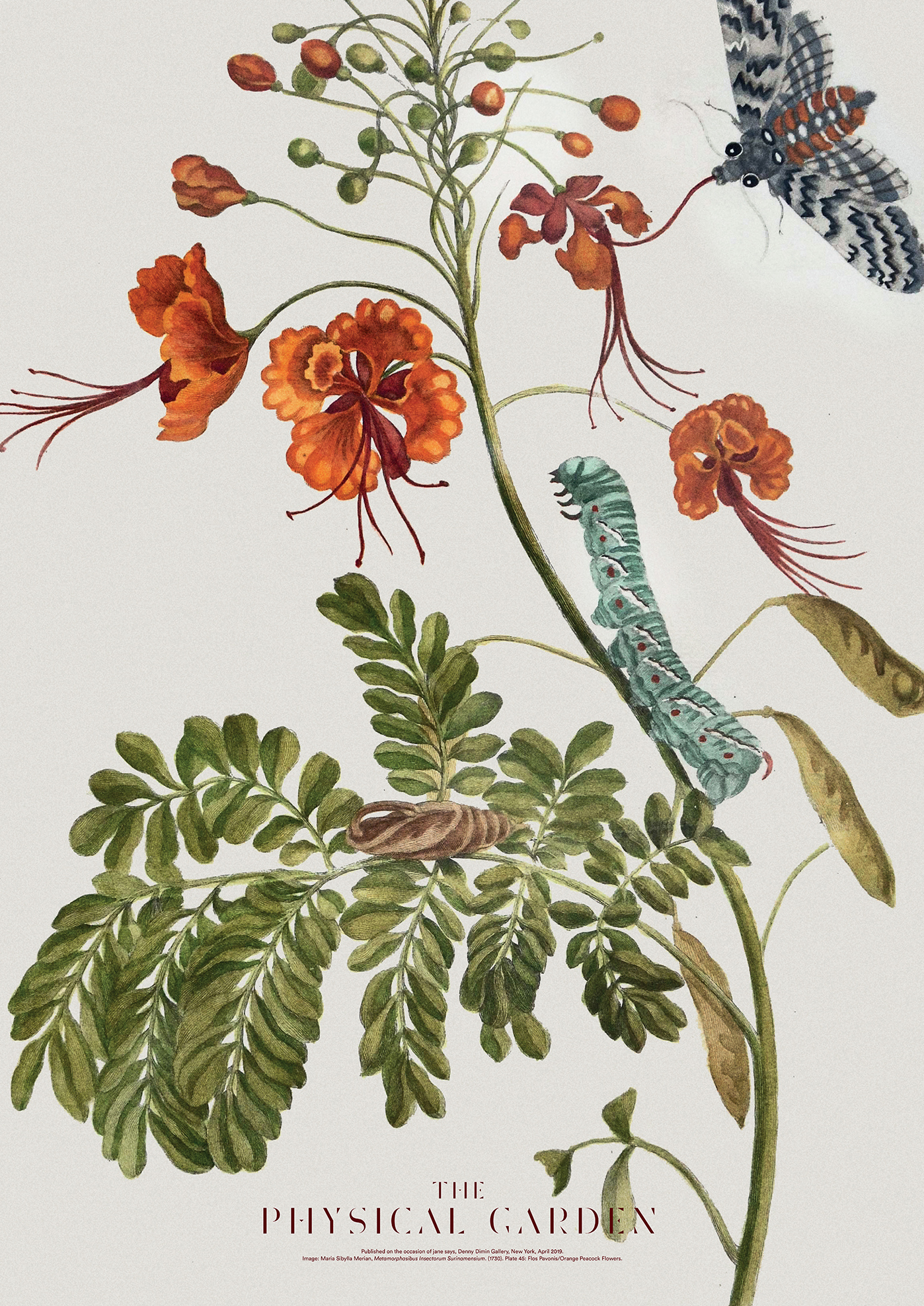

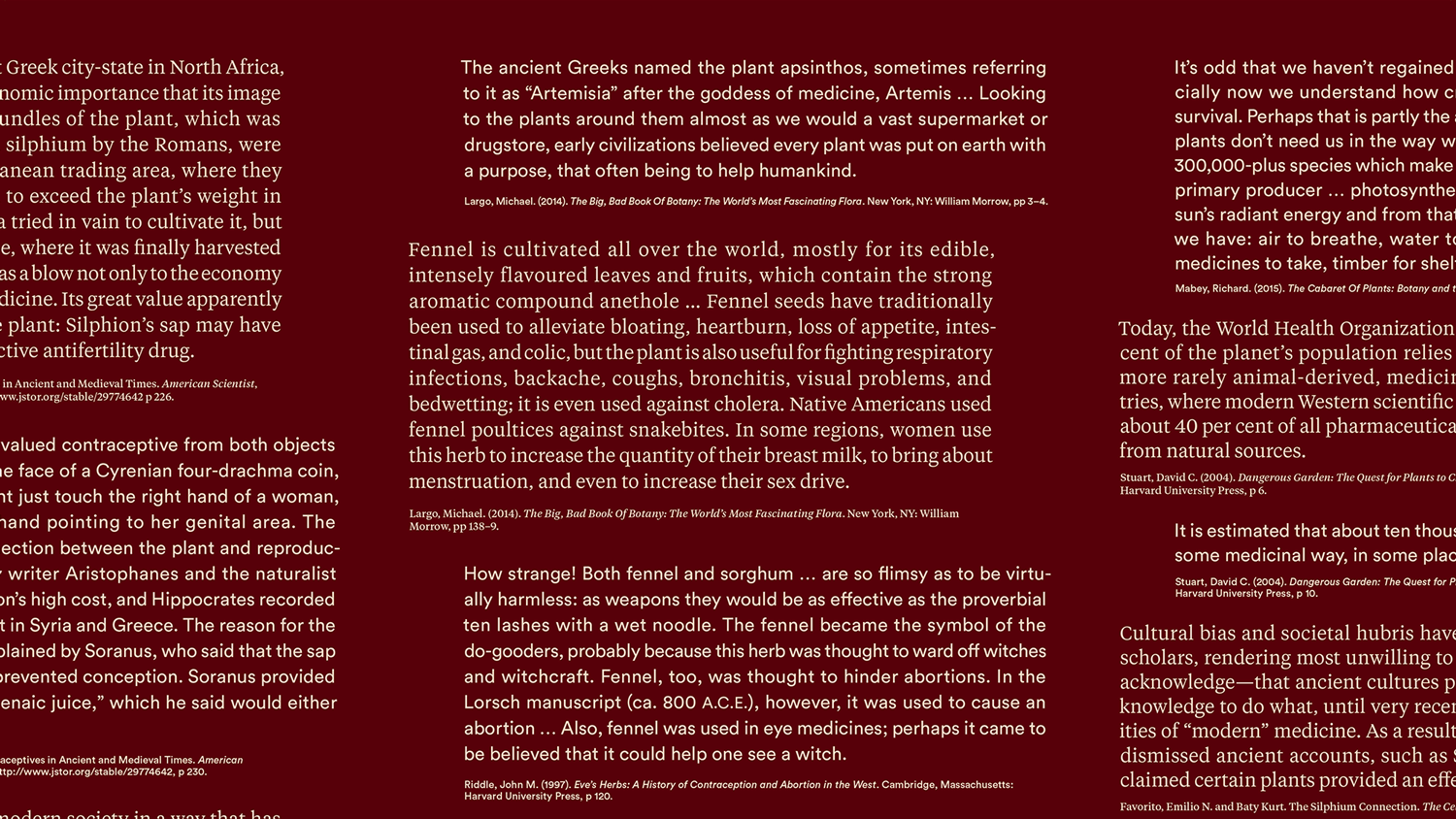
The back of the “The Physical Garden Poster” contains excerpts of text from various publications and oral retellings all collected by Ann Shelton during her years of research for this ongoing project. (Image is only a detail)
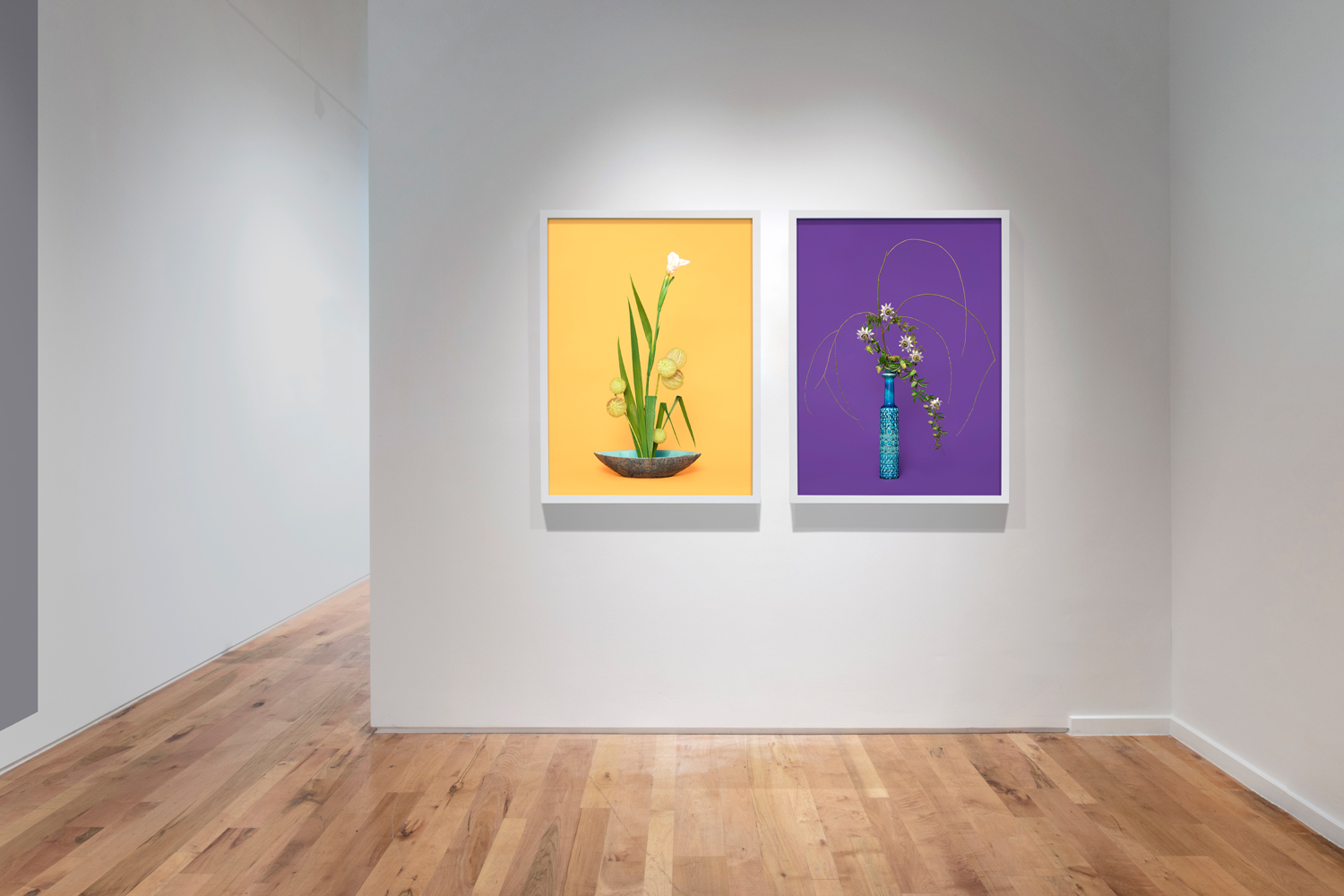
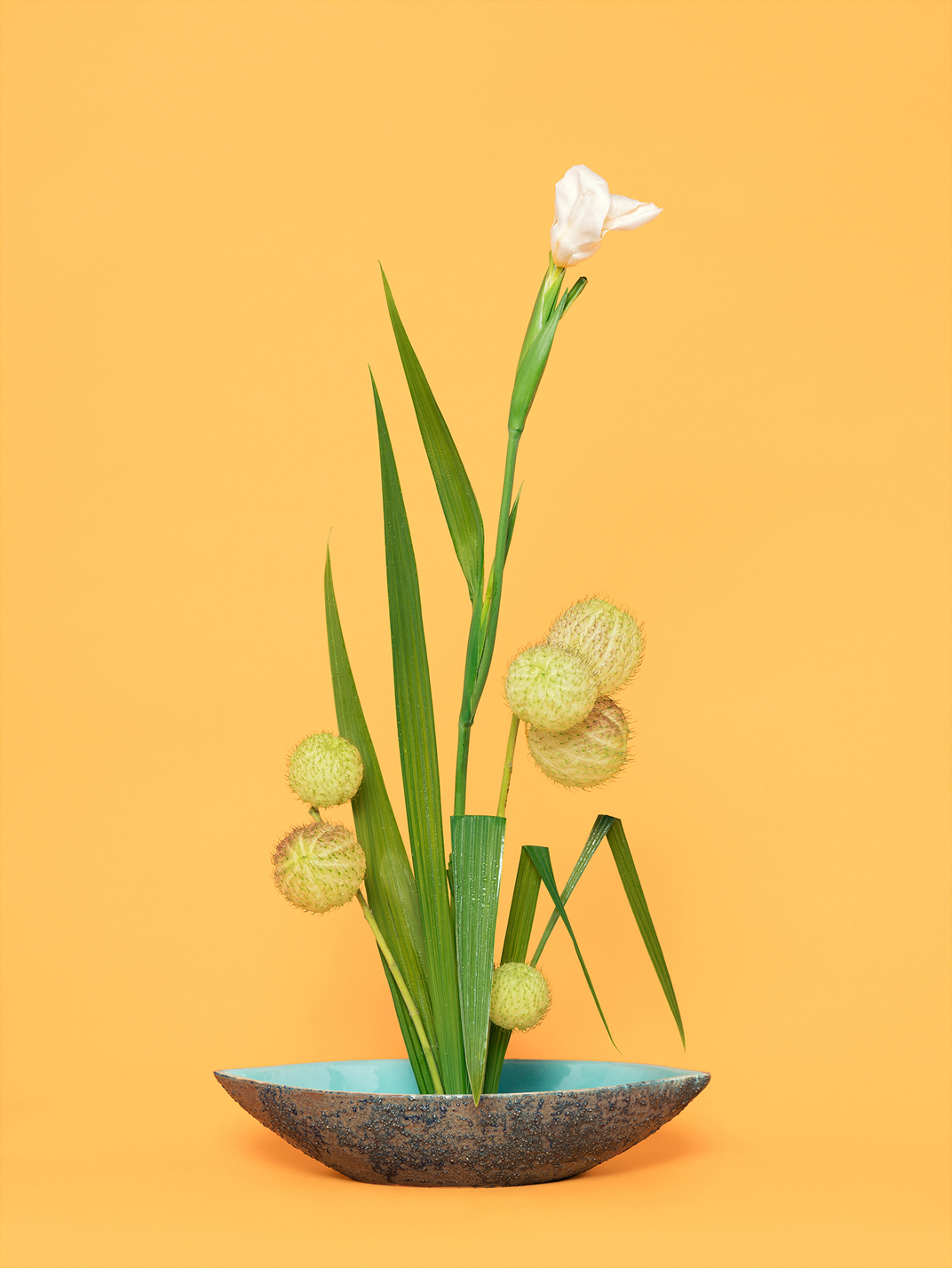
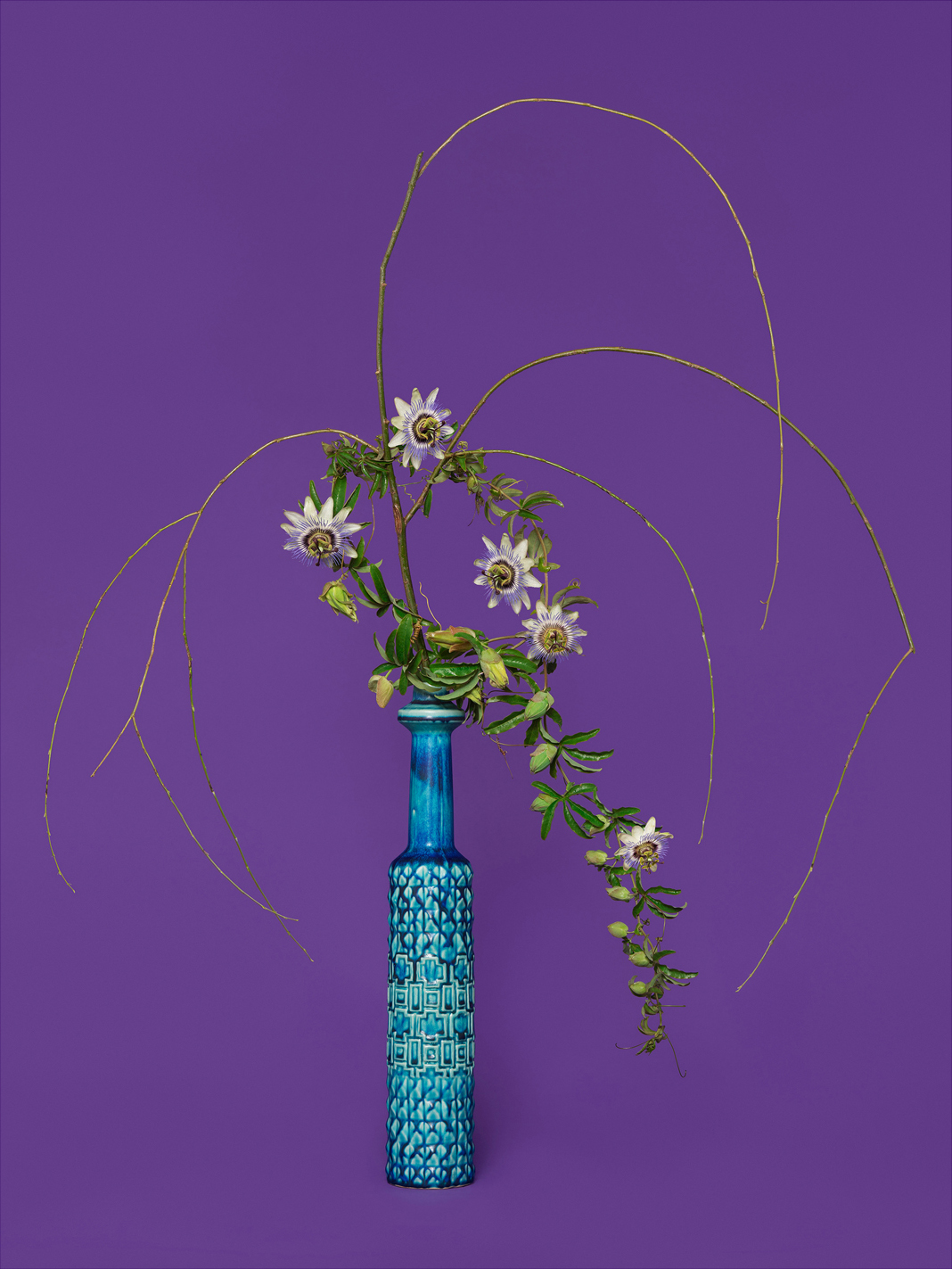
With The Super Model image I was interested in manipulation of the female body, of youth, that veneer and the way that’s become so valued in society. And photography is complicit in that. Photography has played a role in transforming our relationship to what we see; and seeing things has become this central and valued, too valued, aspect of our lives.
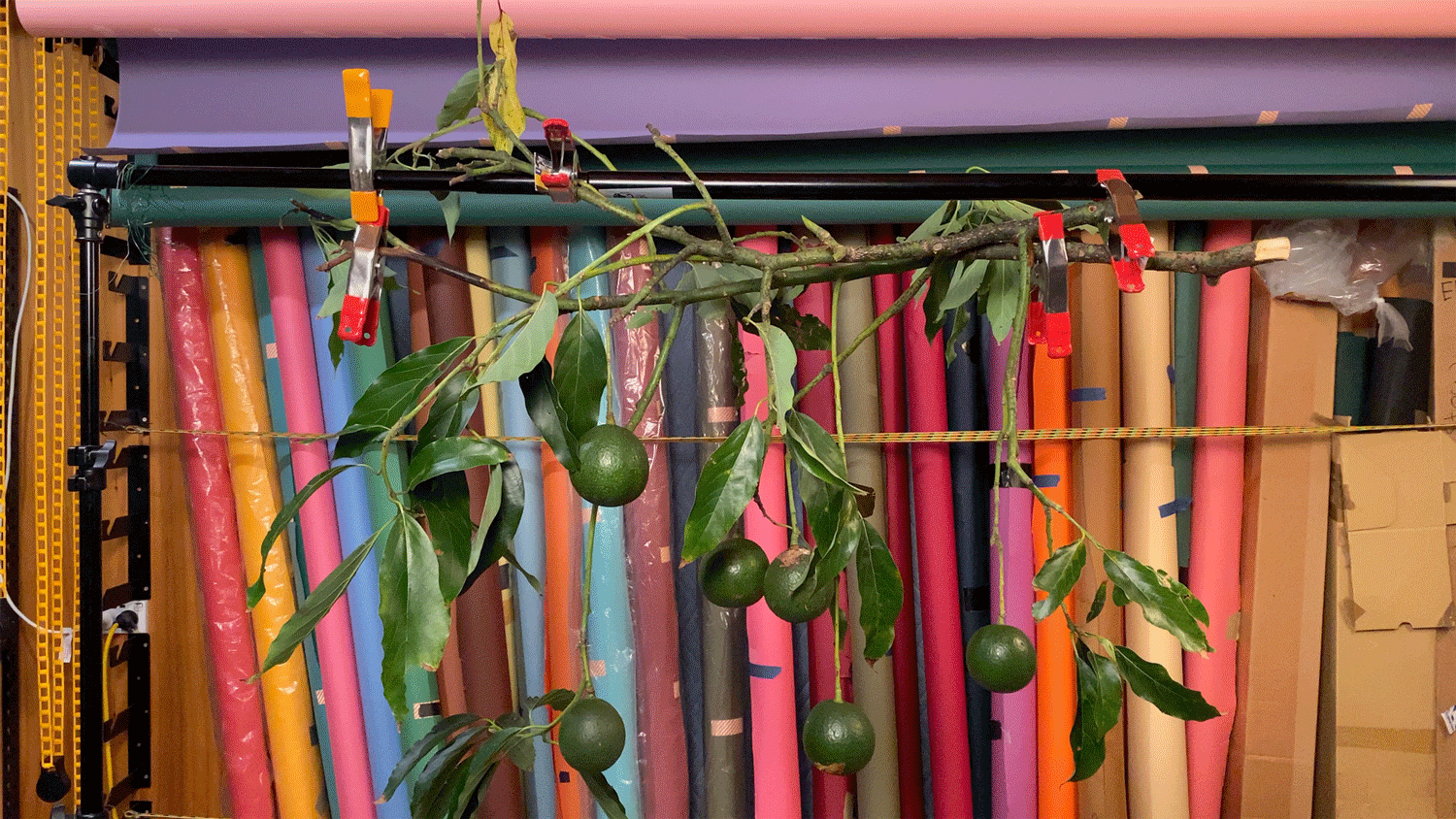
Ann Shelton working in her studio garage in Hahei, New Zealand.
“Q&A with Ann Shelton,” in Photo Australia, September 30, 2020. LINK
“jane says, an exhibition of works by Ann Shelton,” by Amanda White, Journal of New Zealand & Pacific Studies, vol 7 no 1, pp. 81–87, 2019. LINK
“Ann Shelton interviewed by Joy Garnett” in evergreen review, 2019. LINK
“Ann Shelton: Close to the Wind,” by Sue Gardiner in Art Collector, issue 90, Oct-Dec 2019. LINK
“This Artist Arranged Botanical Abortifacients Into Stunning Floral Designs for a Timely Show About a Woman’s Right to Control Her Fertility,” by Sarah Cascone in artnet, May 17, 2019. LINK
“Bouquets Highlight Plants Used to Control Women’s Reproductive Health,” by Claire Voon in Hyperallergic, April 10, 2017. LINK
“A conversation with Ann Shelton,” by Casey Carsel and Laura Thompson in Ocula, March 3, 2017. LINK
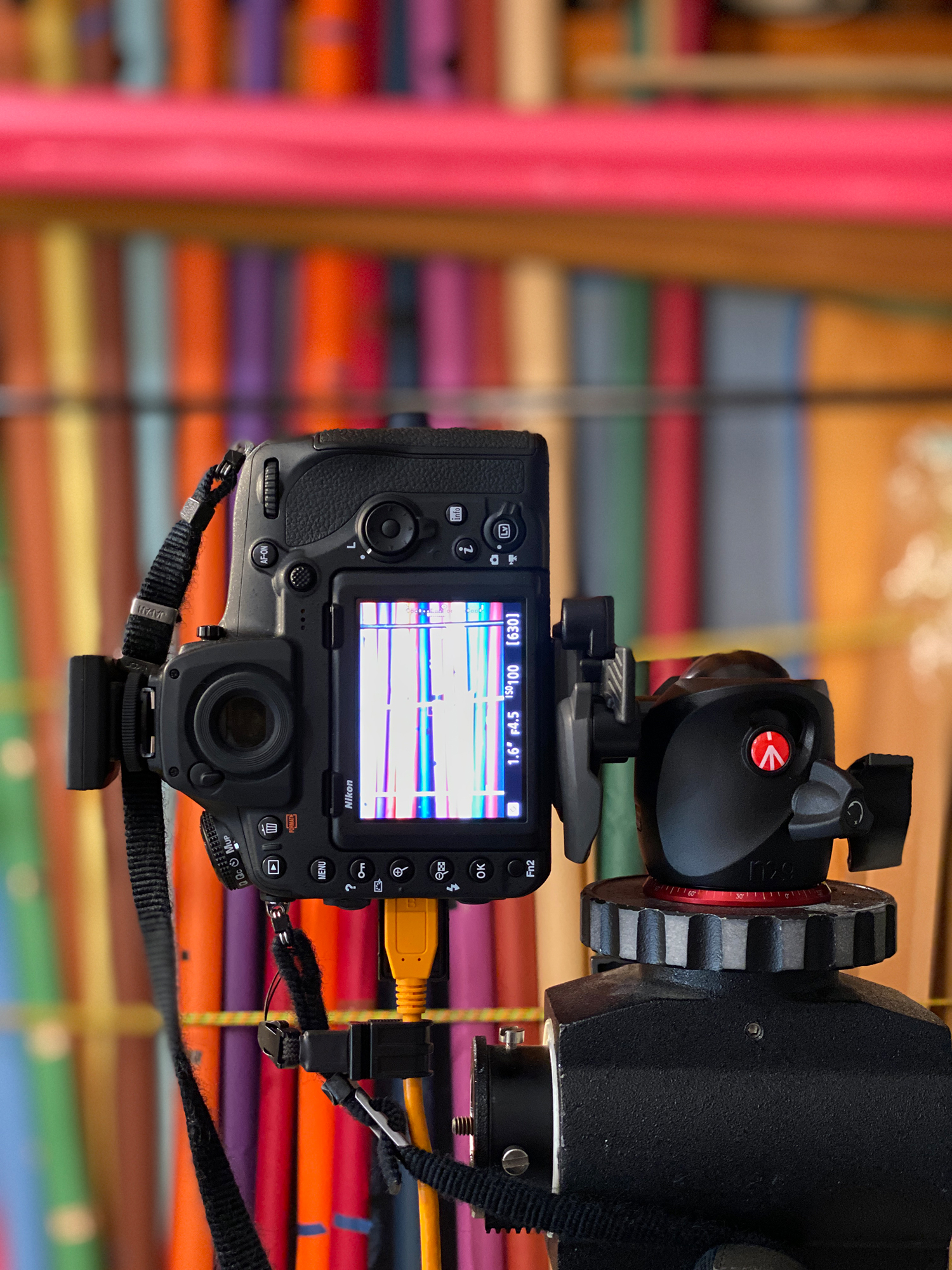

Photography is a bit of a bitch. It has been a willing accomplice in this whole imperialist project. Photography, of course, is imperialist by its very nature, tied to colonising and capitalist technological development. But photography can also be used against imperialist ideology. It has an agency and a power that does not necessarily come from where you would expect, and it can be wielded in unique and emancipatory ways.
[1] The root of Chinese peony has been used for over 1,500 years in Chinese medicine. It is known most widely as one of the herbs used to make ‘Four Things Soup’, a woman’s tonic, and it is also a remedy for gynaecological problems and for cramp, pain and giddiness [254]. When the whole root is harvested it is called Chi Shao Yao, if the bark is removed during preparation then it is called Bai Shao Yao [250]. The root is alterative, analgesic, anodyne, antibacterial, anti-inflammatory, antiseptic, antispasmodic, astringent, carminative, diuretic, emmenagogue, expectorant, febrifuge, hypotensive, nervine and tonic [176, 218, 238, 279].
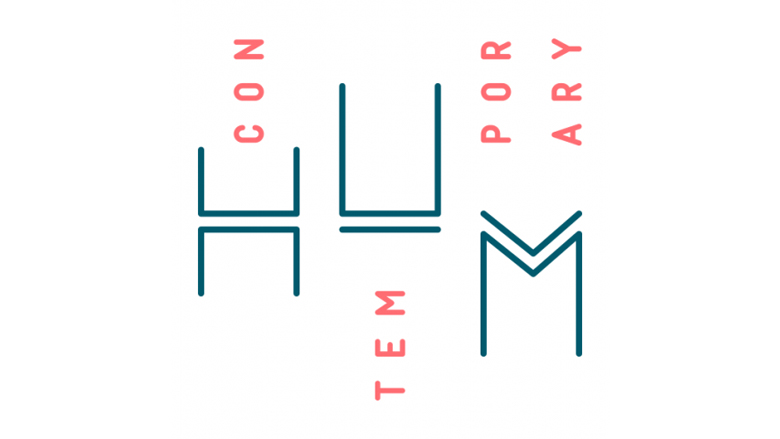
Warning. Plants are powerful and have fascinating histories, part of which the artist is exploring here. But be wary of any engagement with these plants, many of them are toxic, deadly and poisonous. The images in this series are artworks and do not constitute medical advice.
